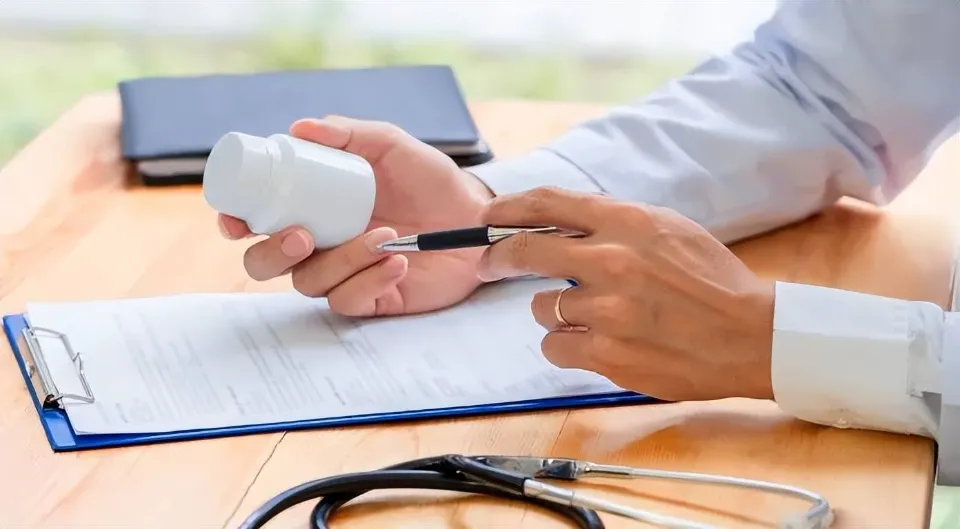
How Long Does Lisinopril Stay in Your System – Lisinopril’s Presence in Your Body
It is well known that lisinopril works well to control high blood pressure and a number of heart conditions. Understanding a drug’s duration in the body is essential for effective management and achieving desired health outcomes, just like with any medication.
Knowing how long Lisinopril stays in your system will help you take the right dosage, avoid unwanted interactions, and maintain your general health if you’re taking it or considering using it.
How Long Do Lisinopril Effects Last?

The effects of lisinopril on the body and brain can begin within hours of taking it to lower blood pressure.
Within hours of taking lisinopril, your blood pressure should begin to stabilize.
The side effects start quickly and can include:
- Cough
- Diarrhea
- Dizziness
- Headache
- Sleepiness
After about 12 hours, the effects start to fade. To maintain a sufficient level in your body, you might be instructed to take lisinopril twice daily. Lisinopril should always be taken as prescribed by a doctor.
Lisinopril’s effects on heart failure can take a few weeks to manifest. Even if the medication doesn’t start working right away, it’s crucial to have patience and continue taking it.
Prenatal harm results from lisinopril. If you are pregnant, do not take lisinopril.
Read More:
- How Long Does Alcohol Stay in Your System
- How Long Do Doxycycline Stay in Your System
- How Long Do Dabs (Wax) Stay in Your System
- How Long Does Ecstasy (MDMA) Stay in Your System Or Blood
How Long Does Lisinopril Stay in Your System?
A drug’s half-life determines how long it takes to leave your system.
Lisinopril has a half-life of 12.6 hours. To get half of the drug out of your system, it takes 12.6 hours.
You can anticipate the drug to stay in your system for about two and a half days because it takes five half-lives for it to leave your body.
Individual differences exist in this. If you have kidney disease or have trouble excreting medications, lisinopril may stay in your system for a longer period of time.
For How Long Does Lisinopril Show Up on Lab Tests?
Medications like lisinopril that are prescribed but not frequently abused won’t show up on a standard 12-panel drug test. However, medical professionals can request laboratory examinations to check on whether or not their patients are taking their medications as prescribed.
You can check for lisinopril in your blood, urine, saliva, and hair using a variety of laboratory tests. While detection times can vary from one person to the next, estimated lisinopril detection times are as follows:
- Urine
To check for medication levels in your system, including lisinopril, your doctor may request a urinalysis. After your last dose, lisinopril may still be visible in your urine for up to three days.
- Blood
Your doctor may request a blood test if they need to check your lisinopril levels. Blood tests, like urine tests, can identify lisinopril up to three days after your last use.
- Saliva
It is uncommon to use a saliva test, also known as a buccal swab test, but it can find lisinopril in your system up to three days after your last dose.
- Hair
Doctors rarely request hair tests, especially for lisinopril since drug abuse is uncommon with this medication. Hair tests, however, have a broad detection window and can identify a variety of drugs within 30 days of use.

Factors That Affect How Long Lisinopril Stays in Your System
The amount of time lisinopril remains in your body and manifests in laboratory testing depends on a number of factors, in addition to the kind of test used. These include:
- How high of a dose you are taking
- How long you’ve been taking lisinopril
- How frequently you take lisinopril
- How long it has been since you took your last dose
- Your age, weight, and genetics
- Liver and kidney function
- Taking lisinopril with other medications
It will take longer for people with kidney issues to metabolize and eliminate lisinopril from their systems. Additionally, eating or drinking won’t hasten the process by which the medication leaves your body.
Would Lisinopril Be Detected During Most Drug Screening Tests?
Lisinopril won’t typically be found on drug tests administered for employment purposes. Drug tests with the typical 12- and 13-panel layouts fall under this category.
This is due to the fact that lisinopril isn’t a widely abused substance. Even in populations of patients, it is rarely abused.
Lisinopril will probably not be screened for during drug testing unless there is a specific reason for doing so, such as during an autopsy or some organization is looking for the use of the medication.
Can You Detox from Lisinopril Faster?
You should speak with your doctor before stopping taking lisinopril for any reason. If your doctor has prescribed lisinopril, never stop taking it. It is likely that you will switch to a different high blood pressure drug if your doctor does advise you to stop taking the drug.
To hasten the withdrawal from lisinopril, there is nothing you can do. Simply allow your body to eliminate the drug from your system at its own rate.





Average Rating